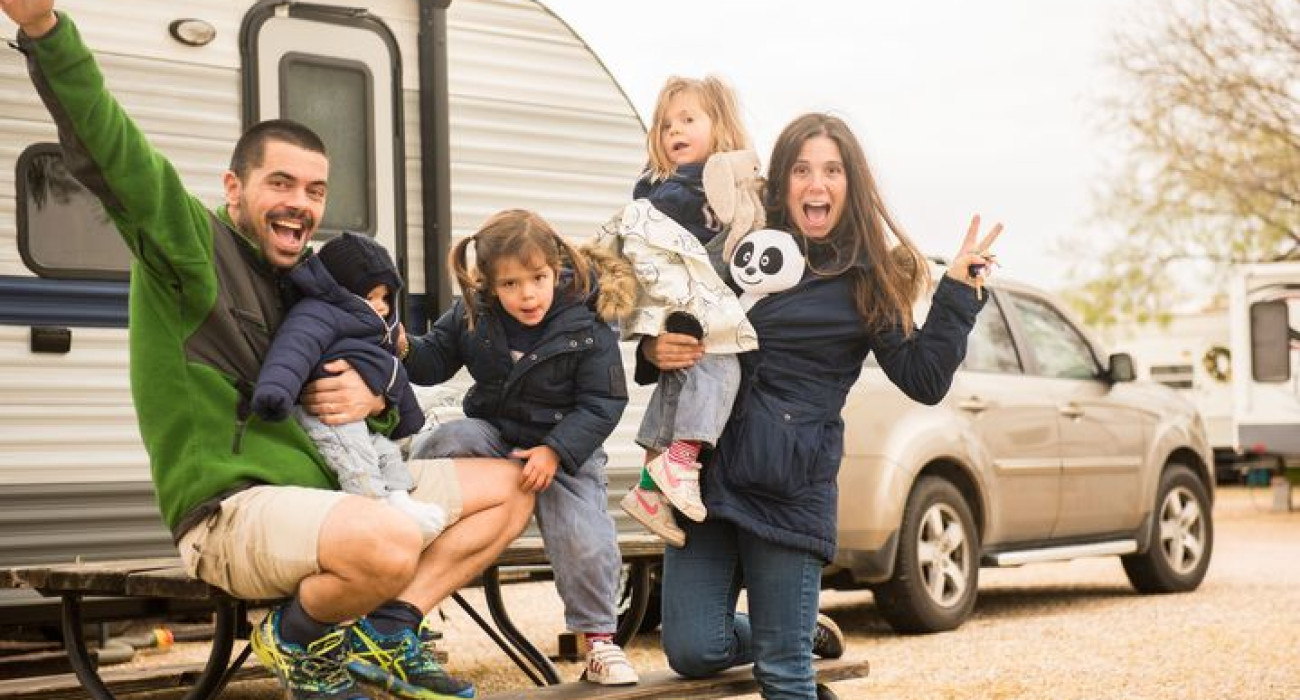In the last decade, one of the most fascinating shifts in global tourism has been the rise of families embracing a lifestyle once reserved for solo backpackers and digital nomads. Today, parents, kids, and even multigenerational groups are taking their lives on the road—sometimes for a summer, sometimes for a year, and sometimes indefinitely. This movement, known as Nomadic Family Travel, is transforming how we think about vacations, education, careers, and connection.
Once considered unconventional, Nomadic Family Travel is rapidly becoming mainstream thanks to remote work opportunities, accessible global transportation, and a growing desire for shared experiences over traditional routines. Families worldwide are now choosing passports over permanence, curiosity over comfort zones, and cultural learning over textbooks.
In this blog, you’ll discover 6 powerful ways Nomadic Family Travel is reshaping the way families explore the world, build relationships, and design lifestyles rooted in freedom and discovery.
1. Nomadic Family Travel Is Redefining Education
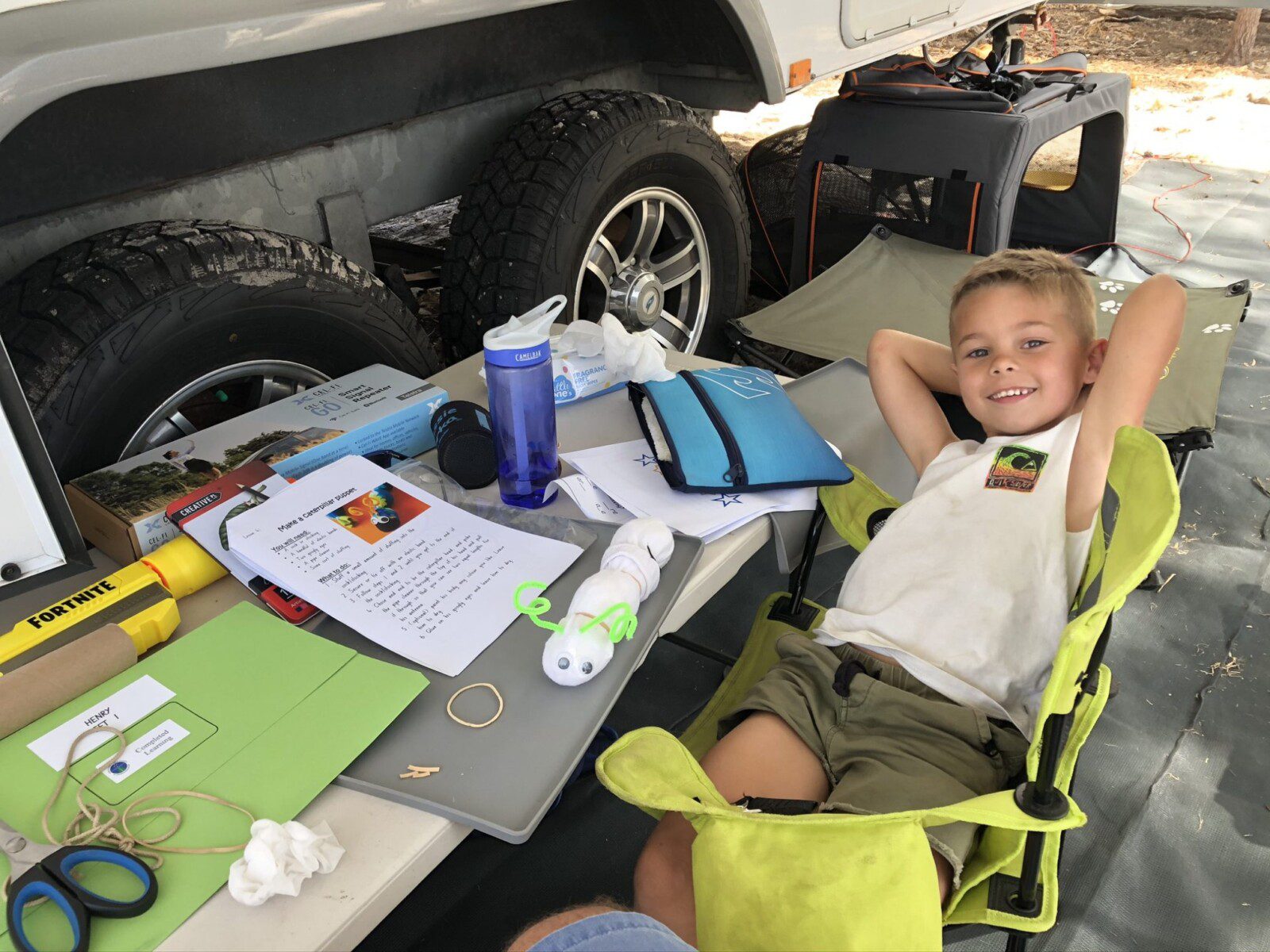
One of the most impactful shifts driven by Nomadic Family Travel is the rise of alternative learning. Instead of limiting education to four walls, families are allowing their children to learn through lived experience—also known as worldschooling.
Real-world exposure enhances children’s understanding of geography, culture, language, and social skills. Instead of reading about ancient civilizations, families visit the pyramids of Egypt. Instead of memorizing marine ecosystems, they snorkel in the coral reefs of Cebu.
Families often combine structured curricula with experiential learning. Tools such as Khan Academy (https://www.khanacademy.org/) or Outschool (https://outschool.com/) allow kids to continue academic progress online while still benefiting from global exploration.
In turn, Nomadic Family Travel creates adaptable learners who grow up curious, culturally aware, and equipped to face a global future.
2. Nomadic Family Travel Supports Work Flexibility and Digital Careers
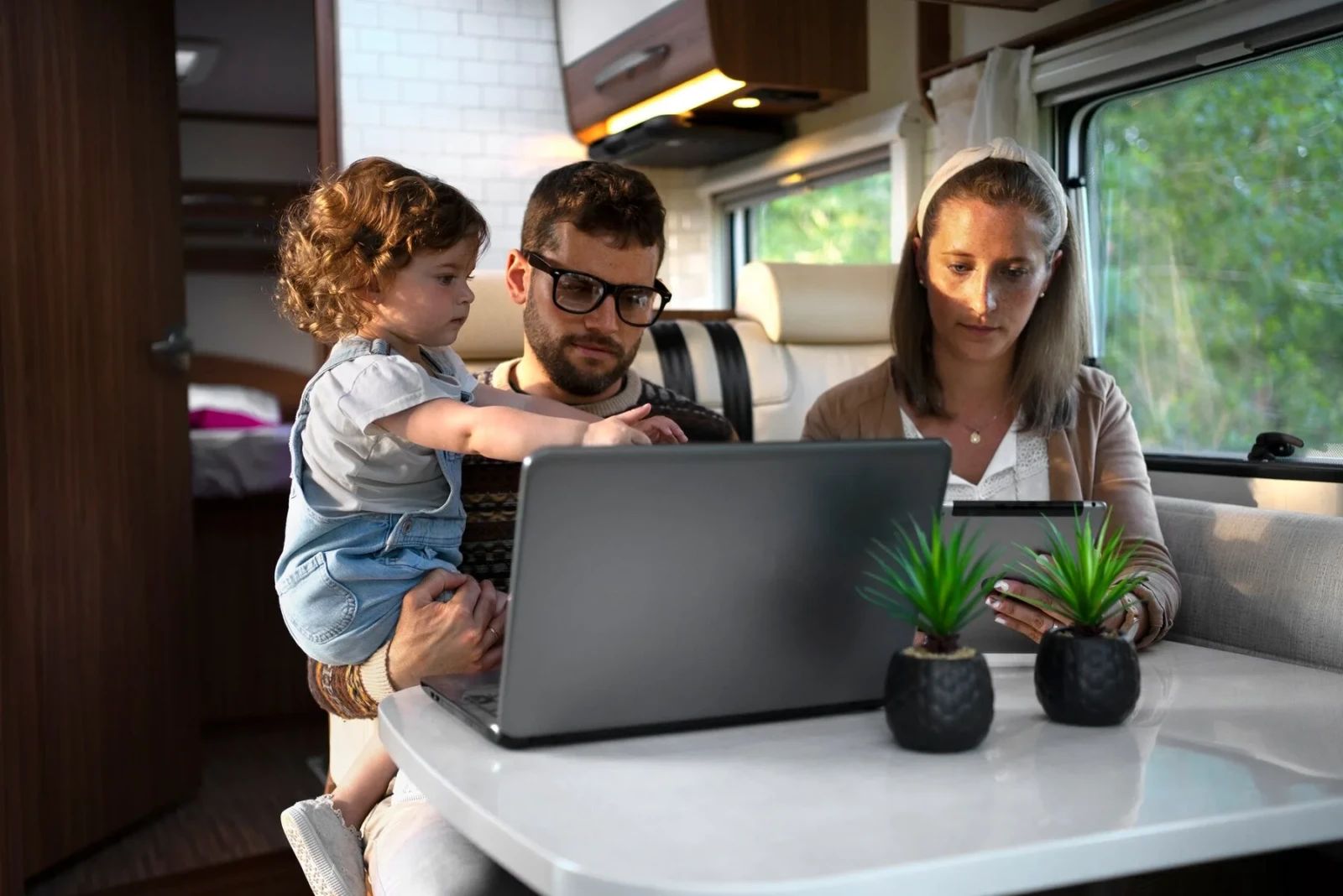
The global rise in remote work is another key driver of Nomadic Family Travel. With more parents transitioning into digital careers, freelancing, or fully remote positions, the idea of being tied to one location feels increasingly outdated.
Families are discovering they can maintain stable careers while traveling long-term. Parents can take meetings from a villa in Bali or work on projects while kids study in a cozy mountainside Airbnb.
Platforms such as Upwork (https://www.upwork.com/) and Remote.co (https://remote.co/) help parents find remote-friendly opportunities that support mobility. This flexibility makes long-term travel sustainable without sacrificing professional goals.
More than ever, families are prioritizing life first—choosing adventure over routine while still generating income and maintaining career pathways.
3. Nomadic Family Travel Strengthens Family Bonds Through Shared Experiences
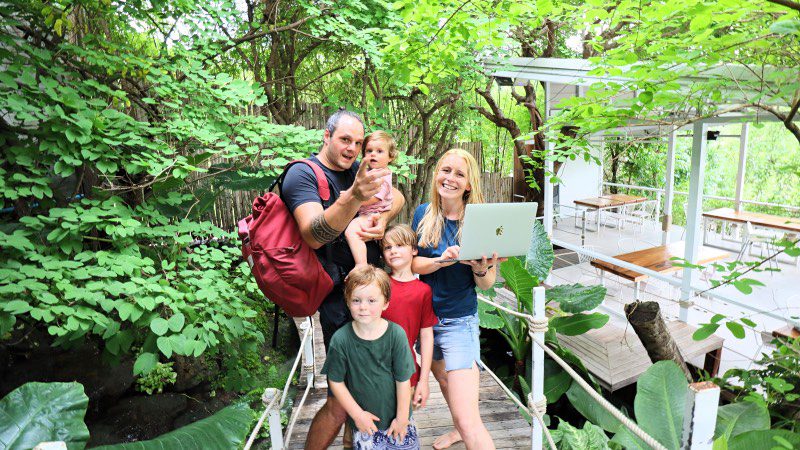
Traditional family life often leaves little room for deep, uninterrupted connection. Between school schedules, after-school activities, commutes, and work responsibilities, meaningful bonding can be rare.
But Nomadic Family Travel dramatically changes this dynamic. Traveling together requires teamwork, communication, and cooperation. Whether navigating Tokyo’s public transportation or hiking a trail in Patagonia, families rely on one another in ways that strengthen trust and emotional closeness.
Shared challenges—like flight delays, lost luggage, or unexpected weather—become lifelong stories and teach resilience. Shared victories—like trying a new food or reaching a mountain viewpoint—build confidence and a sense of accomplishment.
As a result, Nomadic Family Travel often leads to deeper relationships and a stronger family identity rooted in adventure and unity.
4. Nomadic Family Travel Promotes Cultural Awareness and Global Citizenship
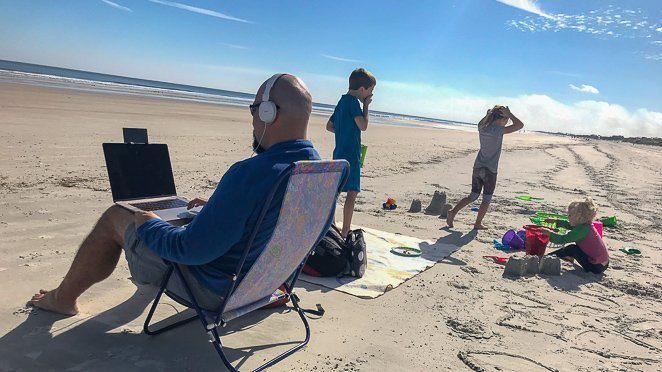
Exposure to different customs, languages, and cultural norms expands a child’s worldview in ways no classroom can fully replicate. Families practicing Nomadic Family Travel often report higher levels of empathy, adaptability, and open-mindedness among their children.
From learning basic phrases in new languages to celebrating local festivals or tasting unfamiliar cuisine, kids absorb global culture naturally and enthusiastically. Parents, too, develop an enriched understanding of how different societies function—challenging biases and broadening their perspective.
Organizations like UNESCO highlight cultural understanding as a key component of peacebuilding and global citizenship (https://www.unesco.org/). Through Nomadic Family Travel, families are raising children who respect diversity, think globally, and connect deeply with people from different backgrounds.
5. Nomadic Family Travel Encourages Minimalism and Intentional Living
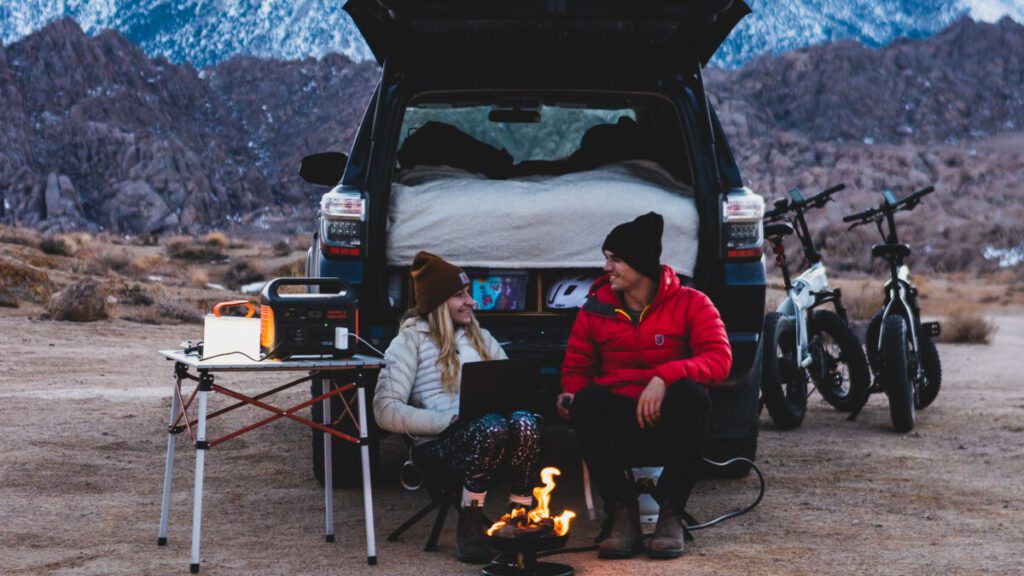
One of the unexpected benefits of Nomadic Family Travel is how it transforms a family’s relationship with possessions. When you live out of suitcases or backpacks for months at a time, you quickly learn what you truly need—and what you don’t.
Kids become less attached to toys and physical belongings, and more excited about experiences, people, and places. Parents often find themselves decluttering their lives, saving money on unnecessary purchases, and choosing multifunctional items over bulky ones.
The lifestyle encourages:
-
intentional spending
-
sustainable consumption
-
smart packing habits
-
appreciation for non-material joys
This shift towards minimalism becomes a long-term mindset, even after families return to a more settled life.
In this way, Nomadic Family Travel doesn’t just change how families move—it changes how they live.
6. Nomadic Family Travel Is Creating Future-Ready Families

Above all, Nomadic Family Travel prepares families—and especially children—to thrive in a rapidly evolving world. As technology, culture, and global systems shift, adaptability becomes one of the most valuable life skills.
Nomadic kids grow up learning how to:
-
solve problems creatively
-
communicate across cultures
-
navigate unfamiliar environments
-
handle uncertainty with confidence
These skills are not only beneficial for personal growth but also highly valued in modern careers. Global exposure strengthens emotional intelligence, independence, curiosity, and resilience.
Families practicing Nomadic Family Travel are setting the foundation for capable, confident, future-ready adults who view the world as interconnected rather than intimidating.
The Future of Nomadic Family Travel
The rise of digital nomad visas, remote-first school models, and long-term travel programs indicates that Nomadic Family Travel is not a passing trend—it is the beginning of a new global movement. Countries like Portugal, Thailand, Estonia, and Costa Rica are now actively welcoming long-term traveling families with easier visas, co-working spaces, and family-friendly nomad communities.
As technology continues to evolve, and as families search for ways to create more meaningful lives, the appeal of Nomadic Family Travel will only continue to grow. It offers freedom, connection, learning, and a reimagined approach to living that prioritizes experience over routine.
Families around the world are no longer asking, “Can we really do this?”
They’re asking, “How soon can we start?”
